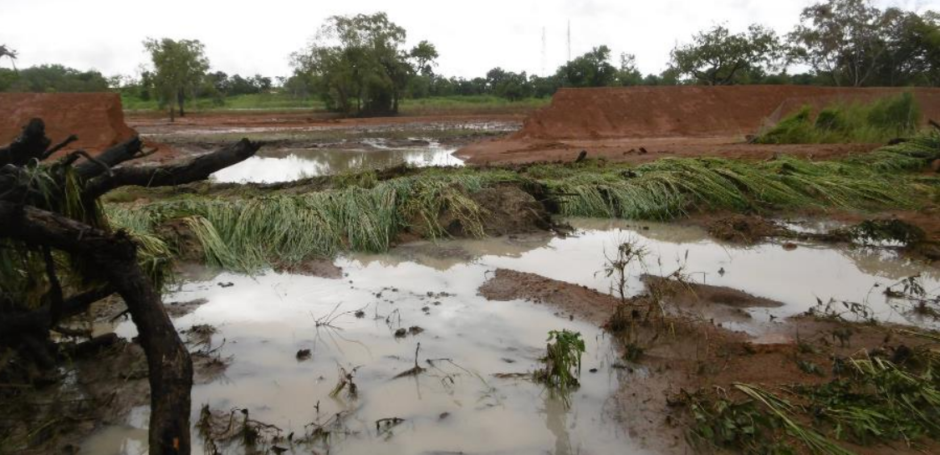
The UK’s National Contact Point (NCP) has accepted a complaint against Glencore UK for an oil spill in Chad.
The NCP offers the parties to the complaint a chance for mediation. If they choose not to, or cannot reach an agreement, the NCP will carry out an investigation into the accusations. It will consider whether the company’s “actions and policies are consistent” with the OECD Guidelines for Multinational Enterprises.
Three NGOs brought the complaint against the trader’s UK subsidiary. They complaint focuses on a spill at the Badila oilfield, in southern Chad.
The Rights and Accountability in Development (RAID), Public Interest Law Center (PILC) and Association des Jeunes Tchadiens de la Zone Petroliere (AJTZP) have complained of a September 2018 spill and another in July 2020.
The NCP will not examine the latter event as investigations are ongoing.
“The UK NCP’s decision to accept the complaint provides an opportunity for those harmed at Glencore’s operations to finally be heard and to find remedy for the harms they suffered,” said RAID’s executive director Anneke Van Woudenberg.
“No community, whether in Africa or elsewhere, should have to wait more than two years for a company to properly investigate whether its toxic spill caused injuries to children and others.”
The 2018 spill involved the collapse of a wastewater pool. RAID reported that 85 million litres of wastewater had flooded nearby fields and the Nya Pende River.
Residents also complained of a leak on a feeder pipeline to the Chad-Cameroon export link two weeks later. Locals complained about a number of problems, including physical injuries and the death of livestock and fish.
The July 2020 leak also involved a reported wastewater spill, allegedly flooding the village of Melom.
RAID published a report on Glencore’s oil operations in Chad in March 2020.
Responsibility
It is PetroChad (Mangara) (PCM) unit that had knowledge of the issues, rather than Glencore UK, the trader said. It also raised concerns with the NCP about whether AJTZP “fully represent the local community”.
The NCP reported that Glencore UK provided “technical planning, financial and other corporate services support to PCM”.
Glencore provided a statement to Energy Voice acknowledging the NCP’s decision to examine the 2018 spill.
“We also note that UK NCP’s decision to further examine aspects of the complaint is not a finding against Glencore UK Ltd. or a determination by the UK NCP that Glencore UK Ltd. has acted inconsistently with the Guidelines,” it said.
The company is “committed to operating in a safe and responsible manner in accordance with all applicable laws and regulations. We actively manage and mitigate any impacts our operations may have on local communities and the environment.”
In a 2019 report, Glencore noted there had been a “berm breach at a water containment area”. As such, PCM engaged with the government and investigated local complaints. “Where it was agreed that damage had been caused, the farmers received compensation in line with the [regulatory] framework.”
The NGOs NCP filing takes issue with Glencore’s response. “Glencore UK has not provided remedy to many of the victims, other than limited financial compensation for damage to crops and farmland in a few cases,” it said.
